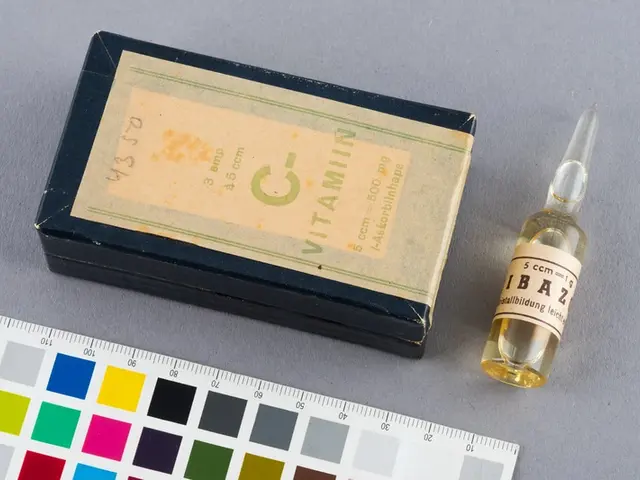Woman in Texas files lawsuit against Marine, alleging drug-laced beverage with aborted fetus medication
In a shocking turn of events, a wrongful death lawsuit has been filed against Christopher Cooprider in a federal court by Liana Davis, a Texas woman. The incident, which allegedly occurred on April 5, has sparked controversy and raised questions about the legality of telemedicine abortion services.
According to the lawsuit, Davis accepted a meeting with Cooprider at her Corpus Christi residence on that fateful day. Shortly before midnight, Cooprider handed Davis a cup of hot chocolate, which the lawsuit alleges contained abortion pills. Within 30 minutes of drinking the hot chocolate, Davis began hemorrhaging and cramping. A neighbor drove her to the hospital, but tragically, her unborn baby did not survive.
The texts exchanged between Davis and Cooprider for weeks, beginning January 31, are also part of the lawsuit. Cooprider is said to have expressed a desire for Davis to have an abortion multiple times and reportedly attempted to convince her for several weeks. However, Davis remained resolute.
The lawsuit alleges that Cooprider dissolved at least 10 abortion pills into the hot chocolate, leading to the death of Davis' unborn child. The Corpus Christi Police Department has no active investigations involving Cooprider at this time.
The case has brought the spotlight on Aid Access, an online service that provides abortion pills to Americans, including those in states with abortion bans. Aid Access is a nonprofit telemedicine service that operates on a valid prescription and has facilitated over 200,000 online abortions in the U.S. since 2018.
However, Aid Access and Dr. Rebecca Gomperts, who runs Aid Access, are listed as defendants in the lawsuit. The broader legal landscape after the 2022 Dobbs decision has created a patchwork of state laws, with 19 states having near-total bans on medication abortion, while others allow varying degrees of access. Federal-level issues add complexity to Aid Access's operations but have not yet resulted in federal actions that halt the service.
As the case unfolds, the community awaits the outcome with a heavy heart, hoping for justice for Liana Davis and her family. The Corpus Christi Police Department, the Marine Corps, and the Texas Attorney General's office have been approached for comment but have yet to respond.
- The controversy surrounding the legality of telemedicine abortion services, such as those provided by Aid Access, has been highlighted by the recent lawsuit against Christopher Cooprider, due to allegations of his involvement in a telemedicine abortion that led to a Texas woman's loss of her unborn child.
- The case involving Liana Davis and Christopher Cooprider also raises questions about mental health and women's health, as the lawsuit reveals a prolonged attempt by Cooprider to convince Davis to have an abortion, despite her initial resolve not to.
- The incident and subsequent lawsuit also intersect with general news, crime and justice, and health and wellness, as it exposes a complex interplay of personal decisions, legal boundaries, and public consensus on the issue of abortion in the United States.




